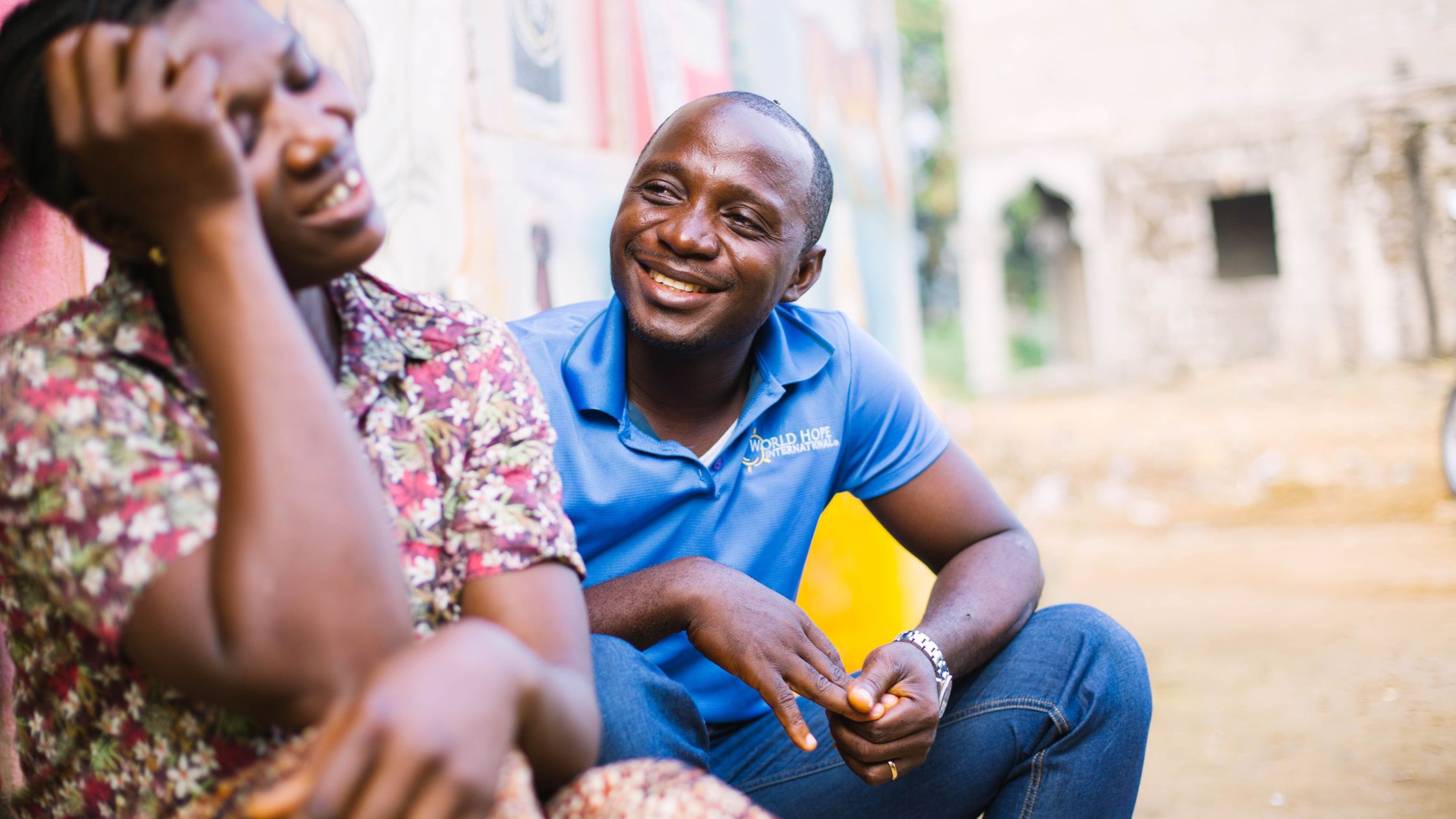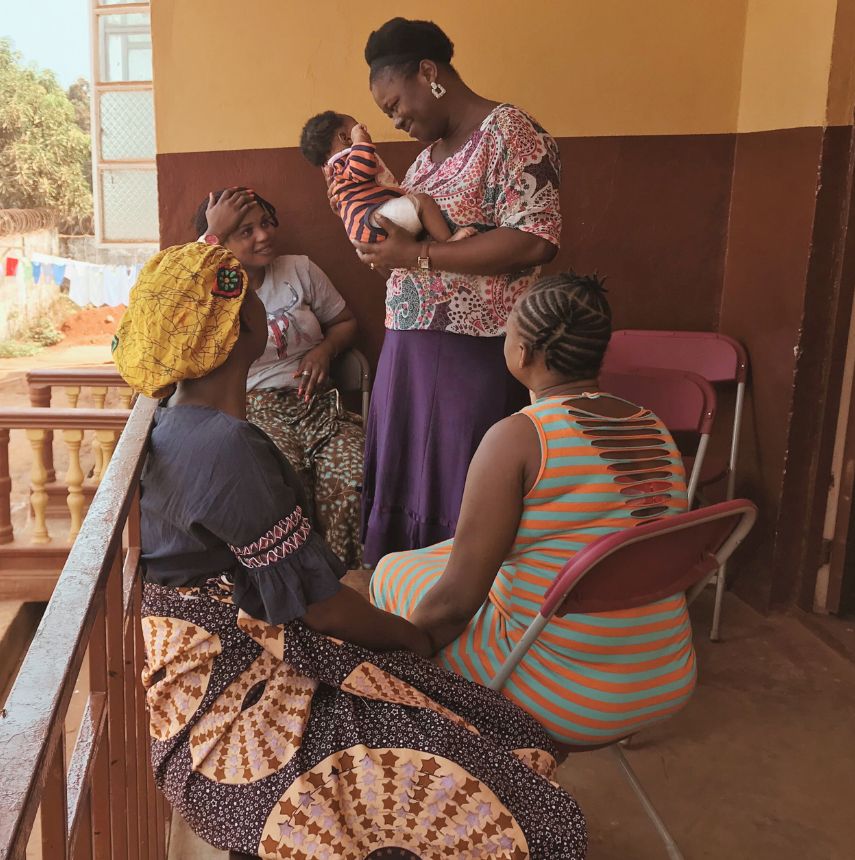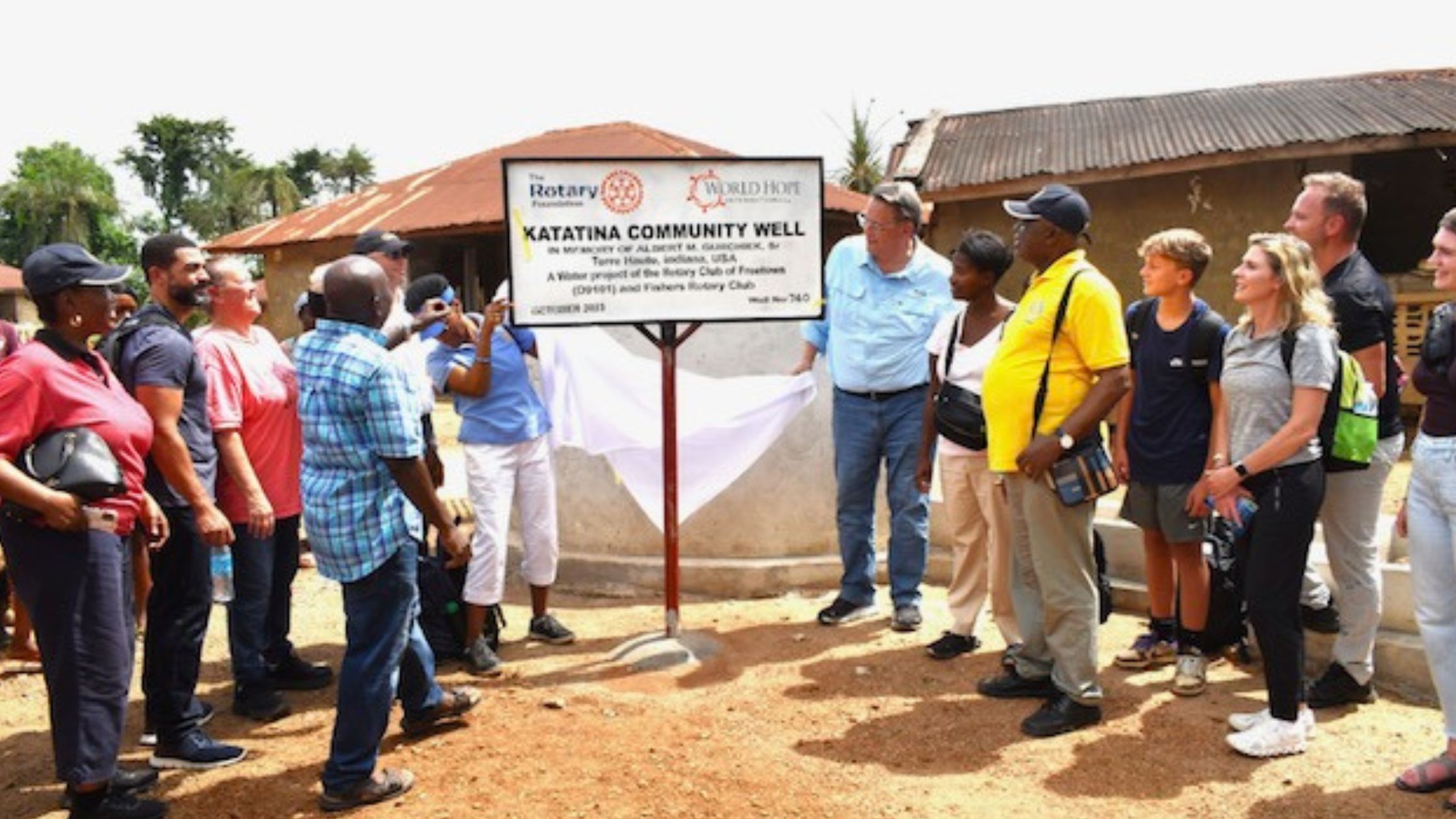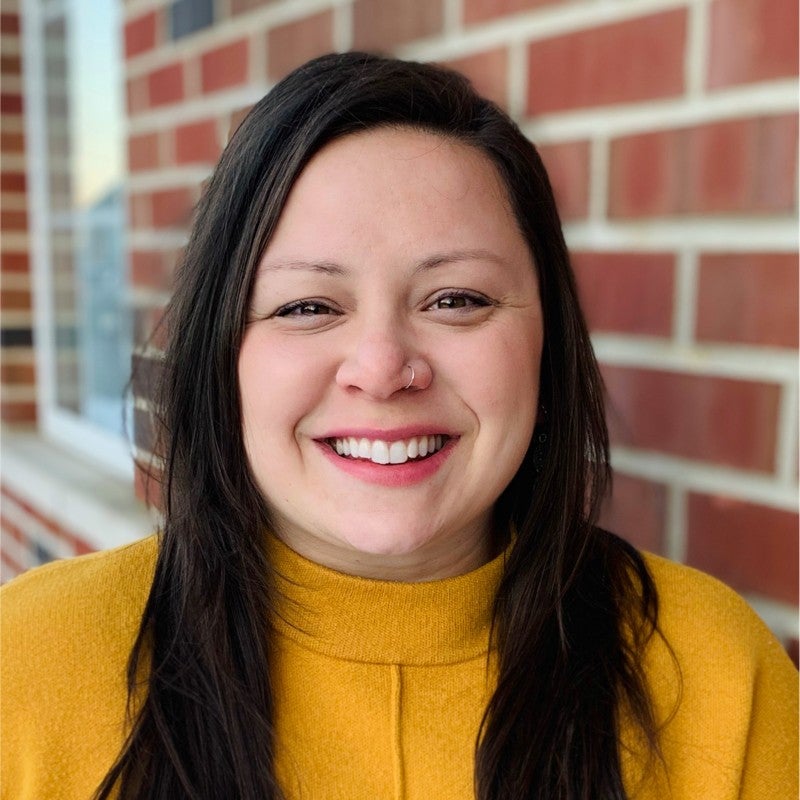
Preventing Orphanhood: World Hope International’s Holistic Approach in Sierra Leone
Globally, it is estimated that over eight million children (about half the population of New York) are growing up in orphanages or institutions. This number can feel shocking to read, but not necessarily surprising when we consider what we know in the humanitarian sector about war, disasters, poverty, and protection concerns. But what may come as a surprise to some is that it is estimated that over 80% of children living in orphanages are not true orphans; meaning they have at least one living parent.
While we know that protection issues exist and can lead to the placement of children in orphanages, this is not the case for the majority of children who are growing up separated from their families. There are several aspects in Sierra Leone that can lead to a child being placed in an orphanage, many of which are preventable.
As we recognize Orphan Sunday, it’s important for us to understand some common reasons that children are being classified as orphans, being raised in institutionalized care, and what we are doing about it.
World Hope International (WHI) operates three primary programs in Sierra Leone: Health, WASH (Water, Sanitation, and Hygiene), and Protection. These programs work together to address various aspects of poverty and to prevent children from being classified as orphans and growing up in institutionalized care.

- Health Program: This program focuses on improving the health and well-being of communities, with a special emphasis on children. One sub-program under Health is “Enable the Children” (ETC), which supports children living with disabilities within their family units. ETC provides psycho-social support and counseling to the entire family, emphasizing the importance of keeping children with their families. Families are educated about their child’s disabilities and empowered with tools to help them succeed. The program ultimately aims to provide hope and dignity to families who may feel overwhelmed by the challenges of raising a child with disabilities. Through Child Health and Mortality Prevention Surveillance (CHAMPS) programming WHI is researching causes of death and are finding that being an orphan is highly associated with increased morbidity. Single or double orphanhood greatly increases the risk of illness and death for the child. The research is also uncovering that many causes of maternal death are preventable. Therefore, WHI partners with the Ministry of Health and local organizations to address this primarily through training in emergency care in obstetrical crisis. Careful training and mentoring can greatly reduce the risk of death for the pregnant woman, placing the family in a much better position to provide care and safety for their children, ultimately preventing orphanhood.
- WASH Program: The Water, Sanitation, and Hygiene program aims to improve access to clean water and sanitation facilities. Since 2004, nearly 1,300,000 people have gained access to water through drilled wells, hand dug wells, and rehabilitated wells, due to the work of the World Hope International WASH teams around the world. This means nearly 1,300,000 people do not have to walk long distances to access water for basic needs. Access to water has significant improvements on health. When individuals are faced with fewer life-threatening illnesses, due to access to clean water, there is a significant reduction of strain on families, reducing the risk of separation. Such good health also contributes to economic stability, offering prevention of significant hardships on families that could lead to separation.
- Protection Program: We know the devastating acts that lead to protection issues—including sexual violence and human trafficking–around the globe. While we work to empower and sustain family units, we know that harm can come. Through the work of the Protection department in Sierra Leone, communities are educated on protection risks, giving them the knowledge and tools of how best to protect their children. While many children can become orphaned due to the reasons mentioned above, children can also become what are called ‘paper orphans’. This is where separation has occurred, but there is no true trace of why that child was separated from their family, or perhaps that history has been purposefully erased. In the anti-trafficking sector, we can see many children become paper orphans due to their histories being erased by traffickers. Through investigative reintegration work, children are safely and effectively reintegrated into a loving and supported family environment. Through the efforts of the Sierra Leone Protection team, survivors, children and families are reunited and equipped to improve their familial conditions, offering sustainability for each family.
- World Hope’s Child Sponsorship (CS) programming helps to alleviate the conditions that can lead to family separation, supporting families to access education for children in their care. CS programming also introduces them to a safe and protective adult in their lives, who can prevent abuse and also report concerns they have, all leading to safety for children.

These three programs are interconnected and work together to provide a holistic approach to poverty alleviation and family preservation. By addressing health, access to clean water, and protection concerns, WHI aims to empower and sustain family units, ultimately preventing the unnecessary classification of children as orphans and reducing the number of children growing up in institutionalized care. WHI’s efforts are centered on the belief that the best environment for a child to thrive is within a safe and loving family.
As we reflect on the extraordinary number of children classified as orphans around the world, it’s important to reflect on the work that is being done to combat this. At World Hope International, we believe that the best place for a child to thrive is in a safe and loving family. Our work to support, dignify, and sustain these families remains at the heart of what we do, and we believe that through the collaboration of programs such as WASH, Enable the Children, and Protection, we can actively prevent and reduce the number of children who are part of this devastating statistic.

Katie Milazzo
Protection Specialist
World Hope International – West Africa
